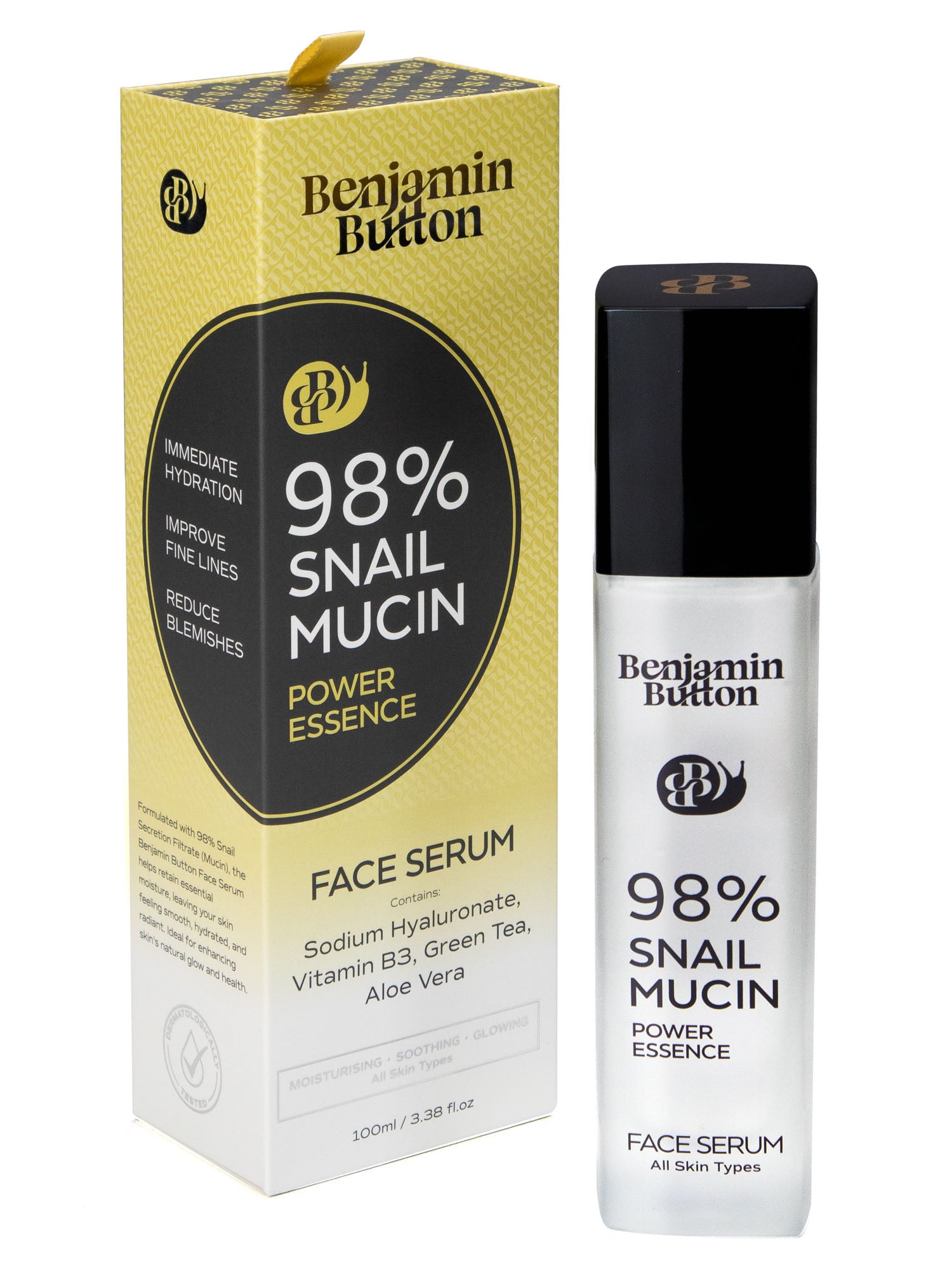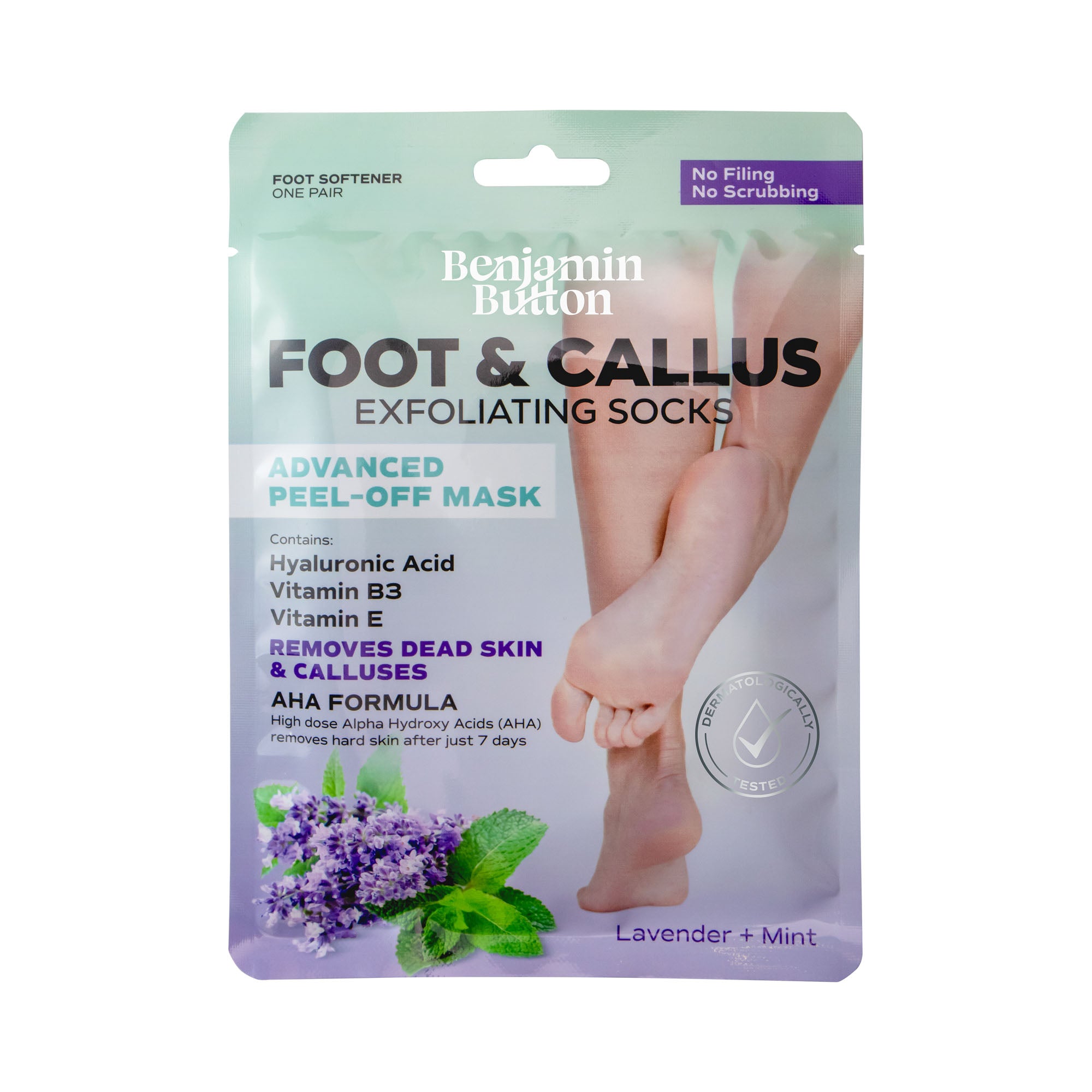Enhancing Eczema Relief Through Hydrolysed Marine Collagen
Managing eczema requires a multifaceted approach, and incorporating hydrolysed marine collagen into your routine stands out as a transformative strategy. This powerful protein not only replenishes your skin's natural collagen levels but also offers exceptional benefits tailored to those suffering from eczema. By boosting skin hydration and minimizing irritation, hydrolysed marine collagen promotes a more resilient skin barrier. In addition to supporting skin health, it can also enhance the appearance of hair and nails, making it an all-around beauty booster. Whether through delicious supplements or topical applications, embracing collagen not only nurtures your skin but also empowers you to confidently express your unique beauty. Let the healing properties of hydrolysed marine collagen become an essential part of your self-care journey toward achieving vibrant, healthy skin.How Hydrolysed Marine Collagen Transforms Skin Health
Integrating hydrolysed marine collagen into your daily regimen can dramatically transform your skin's health and appearance. Here are key benefits to consider:Recognizing these profound benefits, it’s clear that hydrolysed marine collagen is more than just a supplement; it's a holistic approach to improving overall beauty and managing skin conditions effectively.
Getting Started with Hydrolysed Marine Collagen
For those eager to incorporate hydrolysed marine collagen into their routines, here are some practical tips to utilize this powerhouse ingredient effectively:With such versatile options, embracing hydrolysed marine collagen for eczema relief and overall skin health becomes an effortless addition to your wellness journey. By committing to this routine, you’re taking significant steps toward nurturing not just your skin, but your entire sense of wellbeing.
Understanding Collagen and Its Role in Skin Health
Collagen, the powerhouse protein crucial for the integrity of our skin, hair, nails, and connective tissue, acts as an essential building block. As time progresses, our natural collagen production diminishes, which often results in a myriad of skin issues, including heightened dryness and aggravation of conditions like eczema. To combat this decline, incorporating collagen supplements, particularly in hydrolysed form, presents a viable solution. Hydrolysed marine collagen, extracted from fish, is notably recognised for its exceptional absorption capabilities and bioavailability compared to other collagen variants.The Benefits of Collagen for Eczema
Integrating collagen into your routine may yield significant improvements for those enduring eczema symptoms. Here’s how collagen can play a pivotal role:- Moisture Retention: Collagen significantly enhances moisture levels within the skin, aiding in the prevention of dryness and irritation tied to eczema.
- Skin Barrier Repair: This protein boosts skin elasticity and resilience, essential for restoring a compromised skin barrier frequently observed in eczema sufferers.
- Reducing Inflammation: Rich in amino acids such as glycine and proline, collagen features anti-inflammatory properties that can soothe inflamed skin.
- Supporting Cell Regeneration: By fortifying the skin’s cellular framework, collagen promotes faster healing and diminishes flare-up duration.
- Enhancing Overall Skin Health: Regular consumption of collagen improves skin texture and firmness, contributing to a radiant complexion.
- Promoting Hair and Nail Health: As eczema can extend to hair and nails, collagen helps bolster their strength and overall appearance.
Why Hydrolysed Marine Collagen Stands Out
Among the various sources of collagen, hydrolysed marine collagen emerges as a top choice for several compelling reasons:- Superior Bioavailability: The rapid absorption of marine collagen into the bloodstream enhances its effectiveness in skin health promotion.
- Higher Concentration of Type I Collagen: Marine collagen predominantly contains Type I collagen, renowned for its role in skin strength and elasticity.
- Lower Allergenic Status: With reduced potential for allergenicity compared to other collagen products, hydrolysed marine collagen suits sensitive skin types.
- Environmental Considerations: Sourced from fish parts, marine collagen holds a lower environmental footprint than bovine or porcine alternatives.
Real-life Experiences
Users have widely praised the integration of collagen into their skincare practices. Many individuals report substantial decreases in eczema flare-ups, noticeable hydration improvements, and an overall enhancement in skin texture following consistent use of collagen supplements. For instance, Sarah, a 28-year-old who has battled eczema, shared how introducing hydrolysed marine collagen sachets transformed her routine. She exclaimed, “I’ve felt a significant improvement in skin hydration, and I’ve not had a severe flare-up in ages!”How to Incorporate Collagen into Your Diet
Embracing collagen in your daily life can be straightforward. Here are some delicious ways to include it in your diet:- Blend collagen sachets into your morning smoothie or fruit juice.
- Add a scoop of collagen powder to your coffee or tea for a seamless perk-up.
- Stir it into soups, stews, or sauces for a nutritious boost.
- Experiment with collagen-infused skincare products, like moisturising serums and masks, for topical advantages.
FAQs About Collagen and Eczema Relief
Q: How soon can I expect to see results from collagen for eczema?A: Many individuals report observing improvements in skin hydration and reduced flare-ups within four to eight weeks of regular collagen use.
Q: Is hydrolysed marine collagen suitable for everyone?
A: Generally, hydrolysed marine collagen is considered safe. However, individuals with fish allergies should refrain from its use and consult a healthcare professional prior to starting new supplements.
Q: Can collagen replace eczema medication?
A: While collagen can enhance skin health, it is not a substitute for prescribed eczema treatments. It can complement medical strategies to manage symptoms effectively.
Q: Are there any side effects related to collagen supplements?
A: Collagen is typically well-tolerated; however, mild gastrointestinal discomfort may occur in some cases. Commencing with a lower dosage is advisable to assess individual tolerance.
Q: Can I obtain enough collagen through food alone?
A: Certain foods, like bone broth, contain collagen, but supplementation is often essential to reach levels sufficient for notable skin benefits.





















